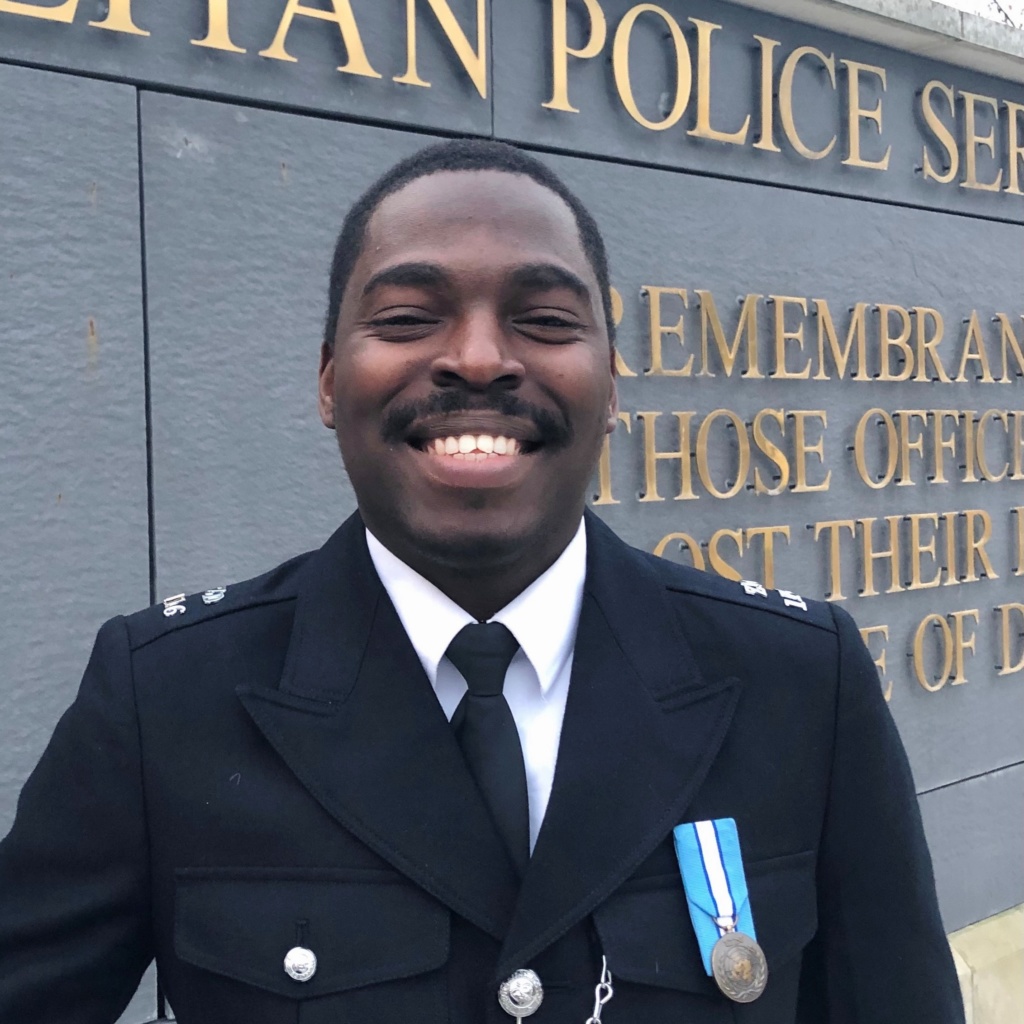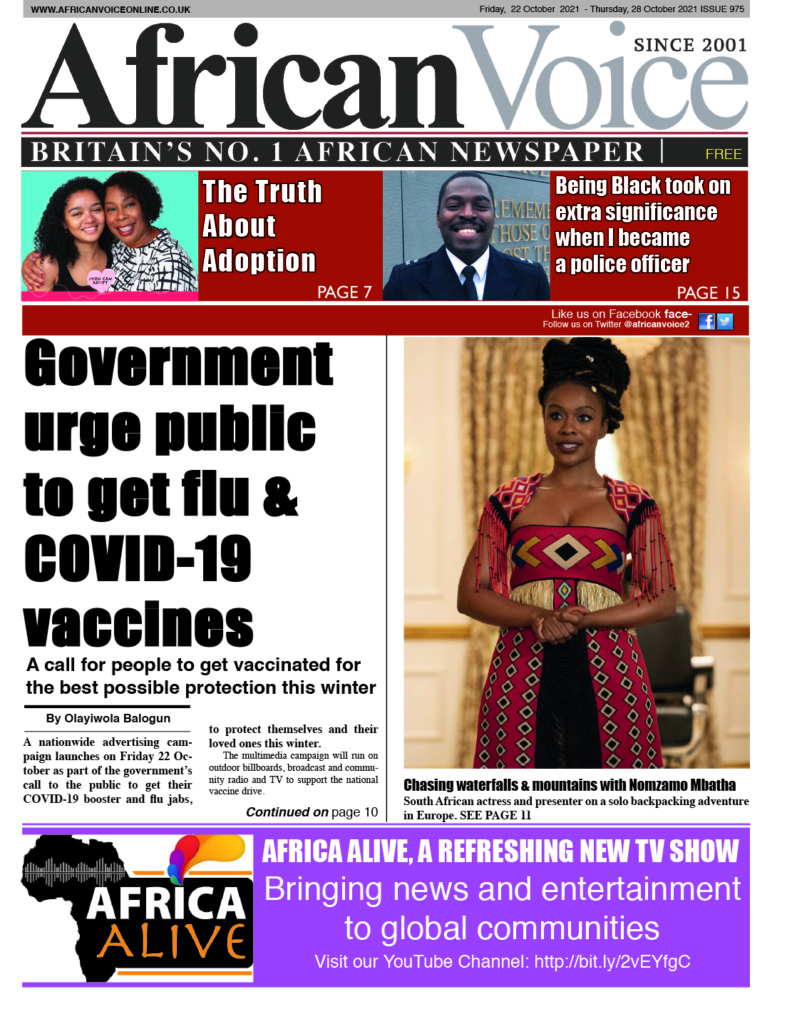
In the second of a series of blogs marking Black History Month, Met Police constable Bilal Sani-Mohammed talks about how his heritage took on new relevance when he joined ‘the job’.
“I’m often asked to share my experience about being a Black officer in the Met. Ostensibly to lend my voice to recruitment campaigns or build bridges with communities where we have a trust deficit.
“It isn’t lost on me why I’m really asked to do this – to demystify the Met to the Black communities.
“I’m generally flattered whenever I’m asked to share my experiences, albeit at the expense of being the subject of my friend’s running joke – the police using me to ‘melanate’ its image. My go-to response would usually be some iteration of ‘be the change you want to see’.
“I think I speak for most Black officers when I say we offer a lot more to policing than the perceived benefits of being Black. But, like many Black professionals who have experience of tokenism, I fully understand the reason for these jokes.
“When I joined the Met back in 2018, I simply wanted to be a police officer who happens to be Black – rather than a ‘Black police officer’. I was far from oblivious to the Met’s historically strained relationship with parts of the Black community, but I underestimated just how much being Black would permeant my nascent career.
“On my very first day out on foot patrol with a Black colleague in Croydon, a local councillor – who was also Black – literally ran down the street just to take a picture of both of us. The councillor then explained to us that she had never seen two Black officers on patrol together and how good she thought this was. At the time I found it funny yet confusing that this sort of thing was such a notable sight.
“Even colleagues have expressed similar curiosity, though in different ways. I’ve felt I’ve had to justify why I eat my pounded yam and Egusi with my hands following stares from a colleague. I also remember being baffled when a colleague was incensed at me for speaking Nigerian Pidgin to a member of the public because he thought it was rude not to speak in English. A bit bizarre when the realities of policing London means that officers need to interact with non-English speakers constantly.
“Thankfully instances like these are not daily occurrences that have blighted my career. The truth is my experiences are nuanced, with more positive interactions than regrettable ones.
“I have matured and learnt so much from the victims, suspects, and colleagues alike, and played key roles in protecting vulnerable people and tackling violence in London.
“One of my best moments was when I was on a Safer Neighbourhoods team in Croydon and an elderly resident told me how a multi-lingual poster I had created prevented her from becoming a victim of fraud when someone tried to scam her.
“I’ve also been part of a team responsible for implementing the Mayor of London’s Action Plan.
“One of the most reassuring things I’ve learned while working in the Met is that there are far more people willing to advance positive change than some detractors will have you believe.
“That being said, we could do better to rebuild trust and confidence in our communities. I am a cautious optimist though.
“Many of us joined ‘the job’ for the right reasons and try to serve our communities as best as possible. Where we are in terms of public trust may not be ideal at this very moment, but we are in a far better place than when Sislin Fay Allen (the Met’s first Black female officer) and Norwell Roberts (its first post-war Black officer) patrolled the streets of London.”
Find out how to become a Met Police officer like Police Constable Sani-Mohammed by visiting: https://www.met.police.uk/careers
Kindly follow us on twitter:@AfricanVoice2











